There’s a surprise twist in the battle to control genome editing.


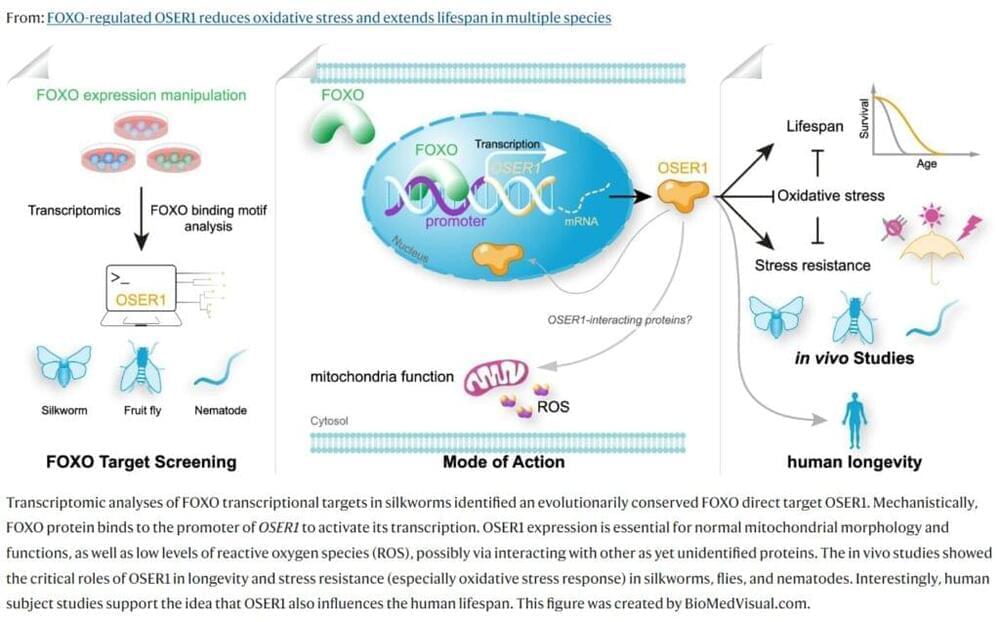
Sleep, fasting, exercise, green porridge, black coffee, a healthy social life—there is an abundance of advice out there on how to live a good, long life. Researchers are working hard to determine why some people live longer than others, and how we get the most out of our increasingly long lives.
Now researchers from the Center for Healthy Aging, Department of Cellular and Molecular Medicine at the University of Copenhagen have discovered that a particular protein known as OSER1 has a great influence on longevity. The research is published in the journal Nature Communications.
“We identified this protein that can extend longevity. It is a novel pro-longevity factor, and it is a protein that exists in various animals, such as fruit flies, nematodes, silkworms, and in humans,” says Professor Lene Juel Rasmussen, senior author behind the new study.
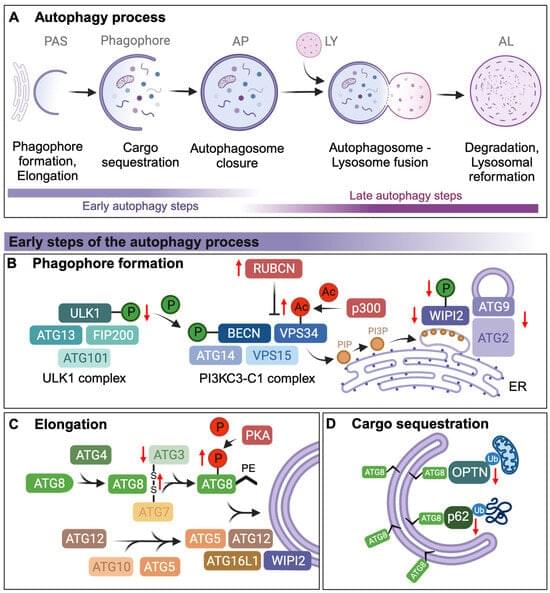
Macroautophagy (hereafter autophagy) is a cellular recycling process that degrades cytoplasmic components, such as protein aggregates and mitochondria, and is associated with longevity and health in multiple organisms. While mounting evidence supports that autophagy declines with age, the underlying molecular mechanisms remain unclear. Since autophagy is a complex, multistep process, orchestrated by more than 40 autophagy-related proteins with tissue-specific expression patterns and context-dependent regulation, it is challenging to determine how autophagy fails with age. In this review, we describe the individual steps of the autophagy process and summarize the age-dependent molecular changes reported to occur in specific steps of the pathway that could impact autophagy.
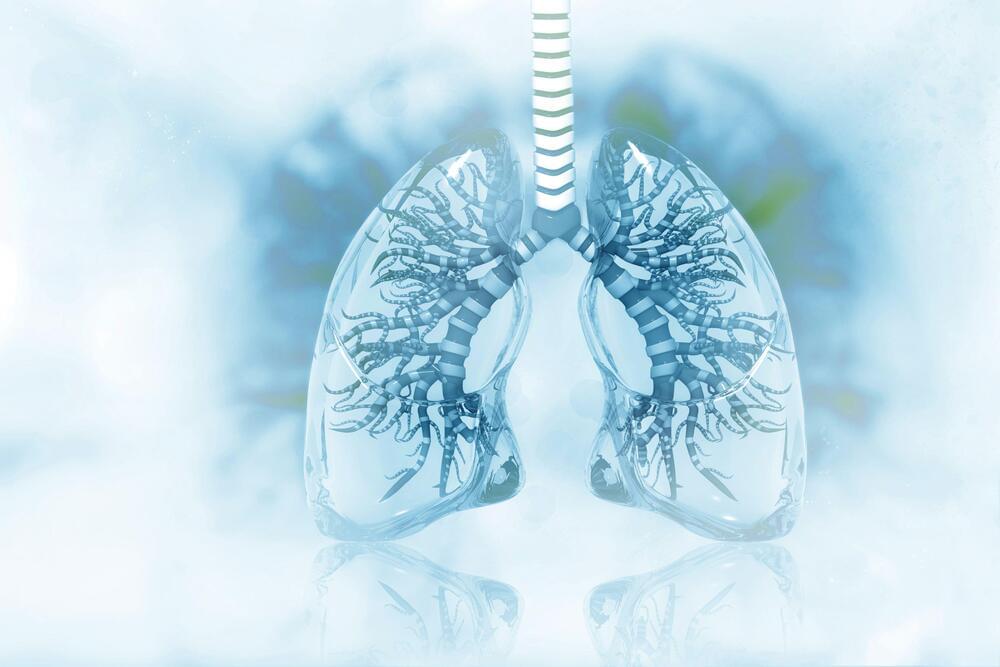
Her initial workup revealed enlarged mediastinal nodes, bilateral ground glass interstitial opacities with areas of septal thickening, an incidental 4-cm left lower lobe nodular mass, multiple hypermetabolic lesions in the liver (the largest was 2.8 cm with a standard uptake value of 43), and osseous metastatic disease.
Ultrasound-guided biopsy showed poorly differentiated metastatic lung adenocarcinoma (stage 4) with 5% tumor cells expressing PD-L1 and negative for EGFR/ALK gene alterations.
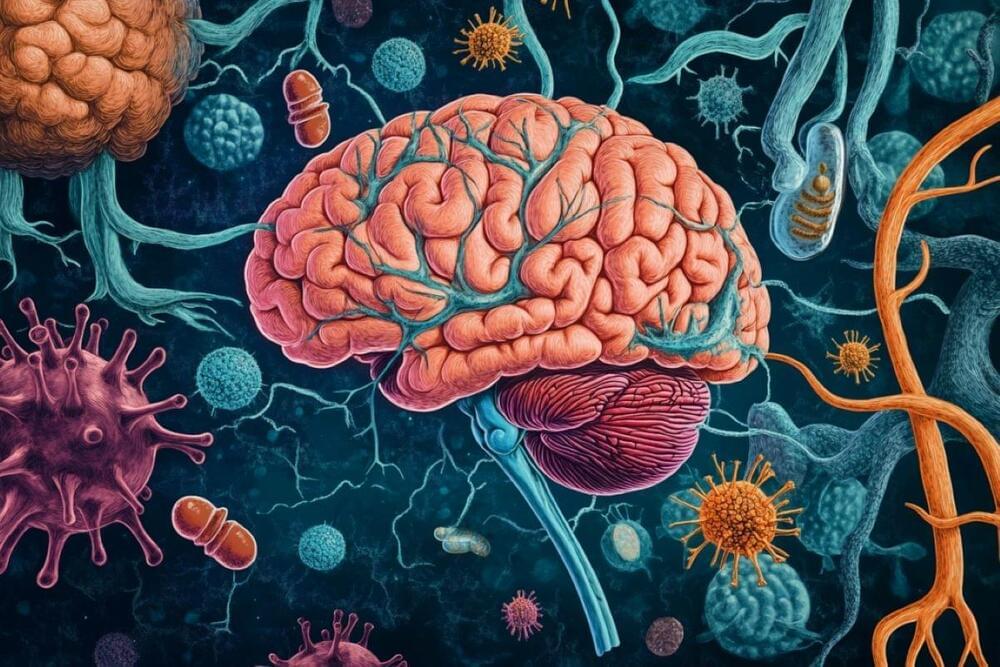
Summary: Researchers found that mutations in the Sox3 gene cause hypopituitarism, a condition where the pituitary gland produces insufficient hormones, leading to growth issues and infertility. In a study on mice, they discovered that Sox3 mutations affect brain cells called NG2 glia, which are essential for hormone production.
Treating the mice with aspirin or altering their gut microbiome restored NG2 glia levels and reversed hypopituitarism. These findings suggest that both aspirin and gut bacteria could be explored as potential treatments for people with Sox3 mutations or other hormone-related disorders.
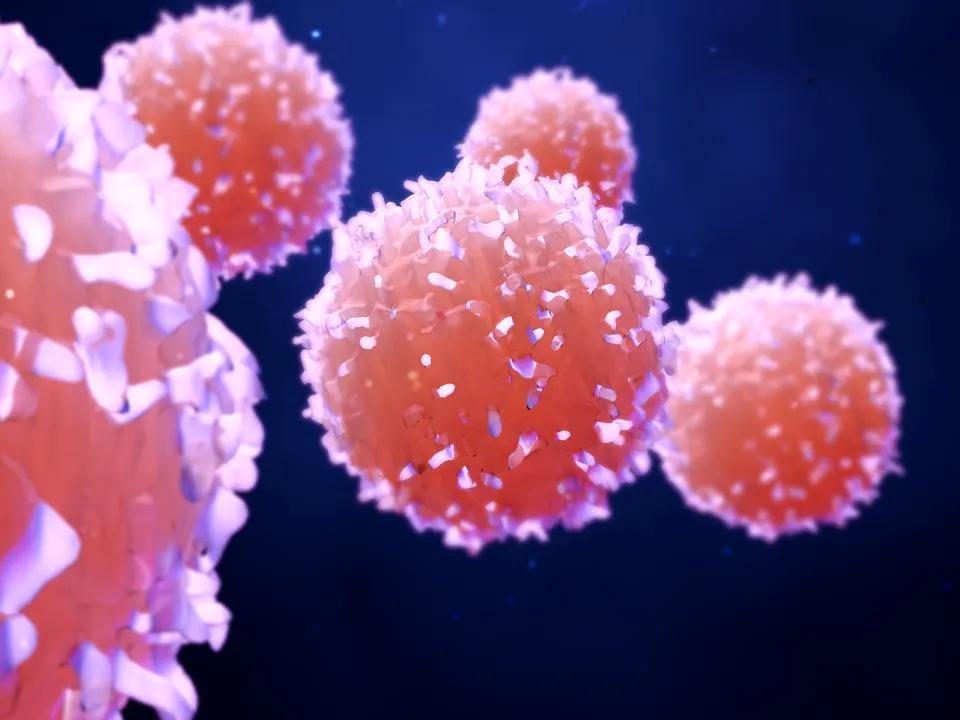
In 2012, 7-year-old Emily Whitehead became the first pediatric patient to receive pioneering chimeric antigen receptor (CAR-T) therapy to fight the recurrence of acute lymphoblastic leukemia (ALL). Twelve years later, Emily is in remission and a student at the University of Pennsylvania, where the therapy was developed. But for many others, the fight continues: more than half of ALL patients experience a relapse within one year following CAR-T therapy.
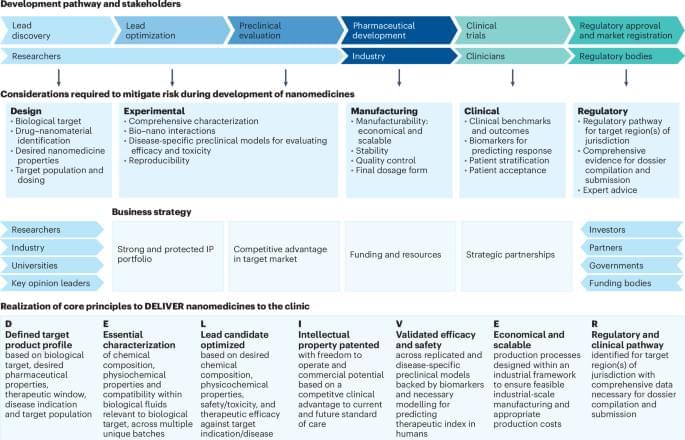
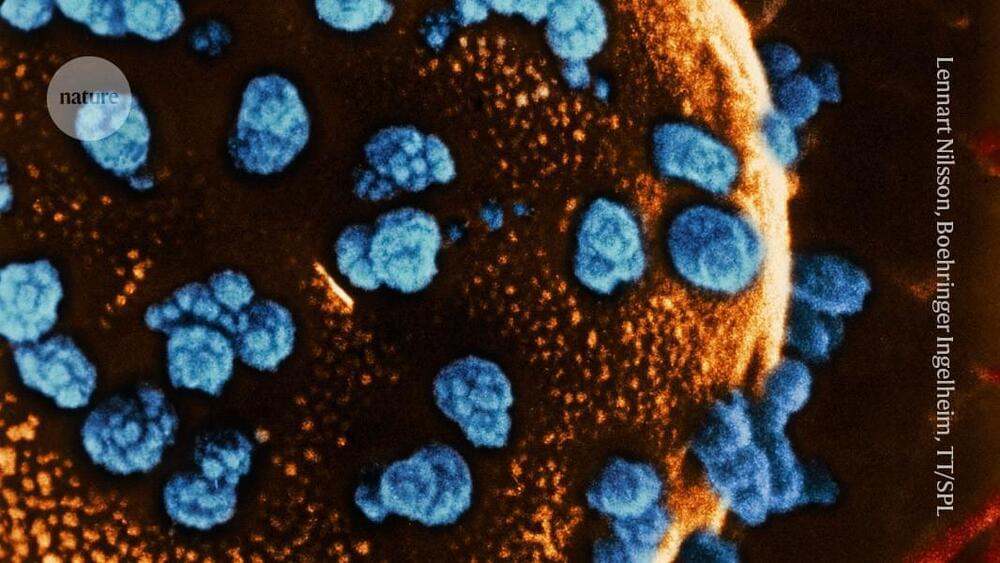
Amazing success at reversing Type 1 diabetes.
A 25-year-old woman with type 1 diabetes started producing her own insulin less than three months after receiving a transplant of reprogrammed stem cells.
She is the first person with the disease to be treated using cells that were extracted from her own body.
I can eat sugar now, said the…
She is the first person with type 1 diabetes to receive this kind of transplant.
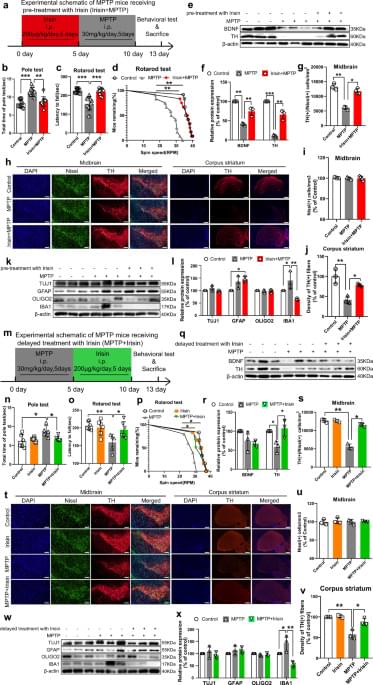
Year 2023 once again nad helps even in Parkinson’s being a neuroprotective for the mitochondria.
Zhang, X., Xu, S., Hu, Y. et al. Irisin exhibits neuroprotection by preventing mitochondrial damage in Parkinson’s disease. npj Parkinsons Dis. 9, 13 (2023). https://doi.org/10.1038/s41531-023-00453-9